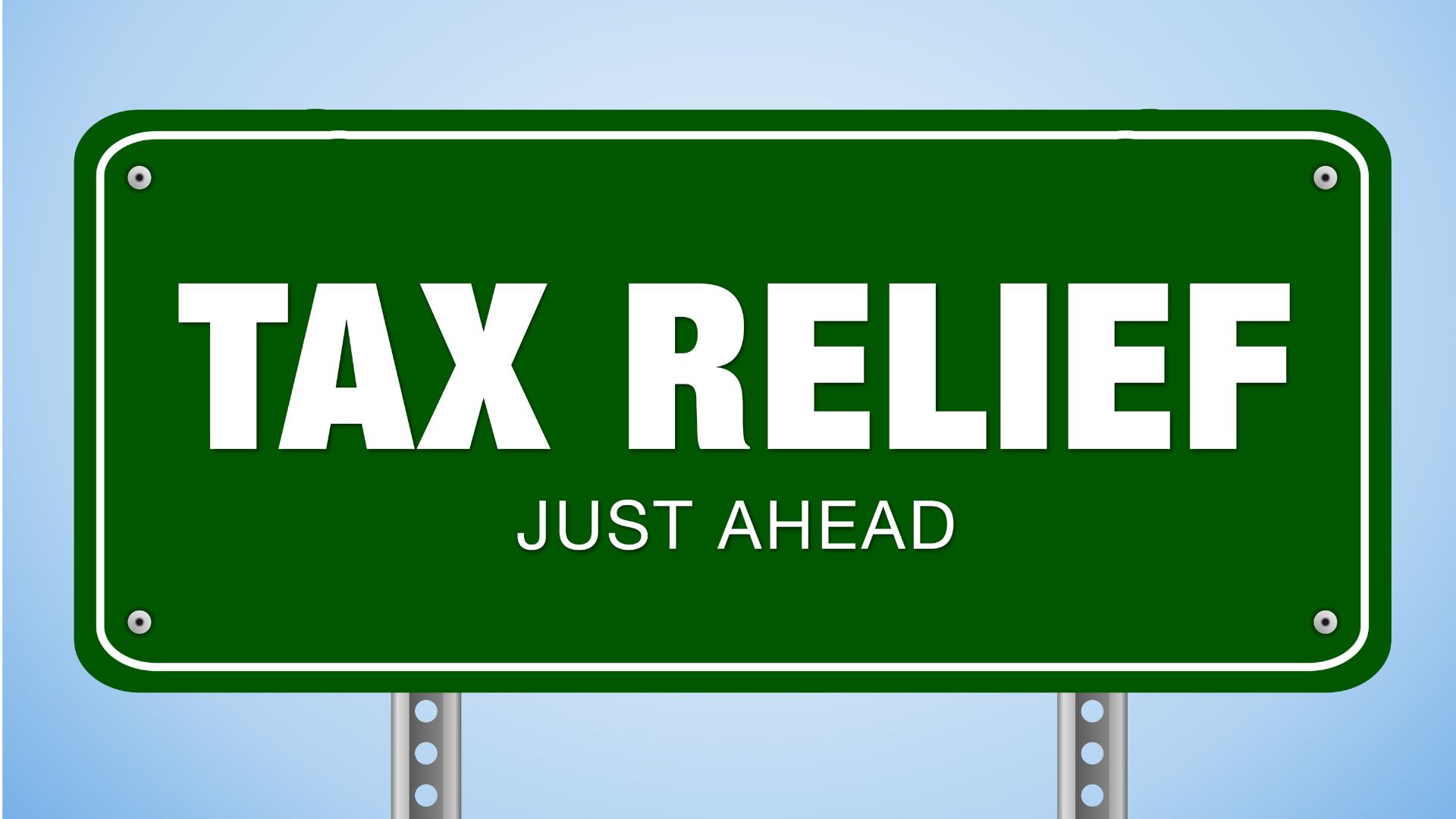The UAE’s vibrant consumer services sector-spanning beauty salons, restaurants, supermarkets, and groceries-continues to thrive in 2025. However, with new tax regulations in place, business owners must prioritize compliance to avoid penalties and ensure smooth operations. This guide breaks down the latest tax compliance requirements, using clear examples and practical advice for everyday entrepreneurs.
- Understanding Corporate Tax in 2025
Who Must Register?
As of 2025, all UAE businesses with taxable profits above AED 375,000 are subject to a 9% corporate tax. This includes:
– Beauty salons and spas
– Restaurants and cafes
– Supermarkets and grocery stores
– Sole proprietors, freelancers, and individuals earning over AED 1 million annually from business activities
Key Deadlines:
– March 31, 2025: Deadline for natural persons (sole proprietors, freelancers) to register for corporate tax.
– Staggered deadlines for companies: Based on incorporation date.
Penalty for late registration: AED 10,000.
Example:
A beauty salon in Dubai earns AED 1.2 million in profit in 2024. The first AED 375,000 is exempt; the remaining AED 825,000 is taxed at 9%, resulting in a tax bill of AED 74,250.
- VAT Compliance: The 5% Rule
Who Needs to Register for VAT?
– Mandatory VAT registration: Businesses with annual taxable supplies and imports over AED 375,000.
– VAT rate: 5% on most goods and services, including salon treatments, restaurant meals, and grocery sales.
Example:
A supermarket with AED 2 million in annual sales must register for VAT, charge 5% on taxable items, and file VAT returns.
VAT Invoicing and Filing
– Issue VAT-compliant invoices for every sale.
– File VAT returns quarterly or monthly (depending on turnover).
– Maintain accurate records for at least five years.
Tip:
Restaurants and salons should ensure their POS systems generate VAT-compliant receipts for every transaction.
- Licensing and Setup: Getting It Right
Beauty Salons
To legally operate, salons must:
– Obtain a trade license from the Department of Economic Development (DED) or relevant free zone.
– Secure approvals from Dubai Municipality Planning Section and Health & Safety Division.
– Register tenancy contracts with Ejari.
– Renew licenses and visas as required.
Documents Needed:
– Application form
– Passports and visas of owners/partners
– Trade name approval
– Memorandum of Association
– Tenancy contract
– Municipality and health approvals
Restaurants
– Trade license from DED or free zone
– Food safety and municipality approvals
– Ejari lease agreement
– Regular health inspections
Supermarkets & Groceries
– Trade license and food safety approvals
– Municipality permits for food handling and storage
– Compliance with labeling and hygiene standards
- Bookkeeping and Record-Keeping
Accurate bookkeeping is essential for all businesses:
– Track daily sales, inventory, and expenses.
– Reconcile bank and credit accounts.
– Maintain payroll, rent, and supplier invoices.
– Store records for at least seven years.
Tip:
Use accounting software or hire a qualified accountant to manage records and ensure compliance.
- Filing and Payment Obligations
 Corporate Tax Returns
Corporate Tax Returns
– File annual corporate tax returns within nine months of the tax period’s end.
– Pay any tax due via the EmaraTax portal.
VAT Returns
– File VAT returns on time (monthly or quarterly).
– Pay VAT due to the Federal Tax Authority (FTA).
Penalty for late filing: Fines and possible business disruptions.
- Deductible Expenses and Tax Planning
Businesses can deduct legitimate expenses from taxable profits, such as:
– Rent and utilities
– Staff salaries and training
– Inventory and supplies
– Marketing and advertising
– Professional services (accounting, legal, consulting)
Example:
A restaurant earns AED 2 million, spends AED 1.2 million on ingredients, rent, and salaries. Only AED 800,000 is taxable profit.
- Special Considerations for Each Sector
Beauty Salons
– Must comply with strict hygiene and health standards.
– Only non-invasive treatments are allowed under a standard salon license; advanced procedures require additional health authority approval.
– Importing cosmetics? Register products with Dubai Municipality and comply with customs and VAT rules.
Restaurants
– Must charge VAT on dine-in, takeaway, and delivery orders.
– Maintain clear separation between taxable and non-taxable (e.g., zero-rated) items.
– Comply with food safety, labeling, and allergen disclosure regulations.
Supermarkets & Groceries
– VAT applies to most items, but some essential food products may be zero-rated or exempt (check the latest FTA lists).
– Track inventory carefully to ensure correct VAT treatment.
– Maintain proper labeling and storage to meet health authority standards.
- Common Mistakes and How to Avoid Them
– Late registration: Results in automatic AED 10,000 penalty.
– Incorrect VAT calculation: Leads to fines and denied input VAT claims.
– Non-compliant invoices: Can delay payments and VAT recovery.
– Poor record-keeping: Increases audit risk and can result in lost deductions.
– Missing license renewals: May lead to business closure or additional penalties.
- Real-World Example: A Supermarket’s Compliance Journey
Scenario:
A Dubai supermarket with AED 5 million in annual sales:
– Registers for corporate tax and VAT.
– Issues VAT-compliant receipts for all sales.
– Tracks inventory and expenses using accounting software.
– Deduces staff salaries, rent, and supplier costs from taxable profit.
– Files VAT returns quarterly and corporate tax return annually.
– Maintains digital records for audit readiness.
– Passes an FTA audit with no penalties due to robust compliance.
- Practical Tips for Staying Compliant
– Register early for corporate tax and VAT.
– Renew all licenses and permits on time.
– Use accounting software for invoicing, record-keeping, and tax calculations.
– Train staff on compliance basics and documentation standards.
– Consult a tax advisor for complex transactions, imports, or cross-border deals.
– Monitor FTA updates for regulatory changes or new compliance requirements.
Conclusion
Tax compliance in the UAE’s beauty salon, restaurant, supermarket, and grocery sectors in 2025 is more demanding but also more transparent thanks to digital tools and clear regulations. By understanding corporate tax, VAT, licensing, and documentation requirements, business owners can avoid penalties, optimize finances, and focus on growth.
Key Takeaways:
– Register for corporate tax (9% on profits above AED 375,000) and VAT (5% on most goods and services).
– Maintain accurate records and issue compliant invoices.
– Deduct legitimate business expenses to reduce your tax bill.
– Renew licenses and meet health, safety, and labeling standards.
– Consult experts and stay updated on regulatory changes.
For tailored advice or a compliance review, consult a certified UAE tax consultant. Proactive compliance is your best strategy for long-term success in the UAE’s dynamic consumer services market.





